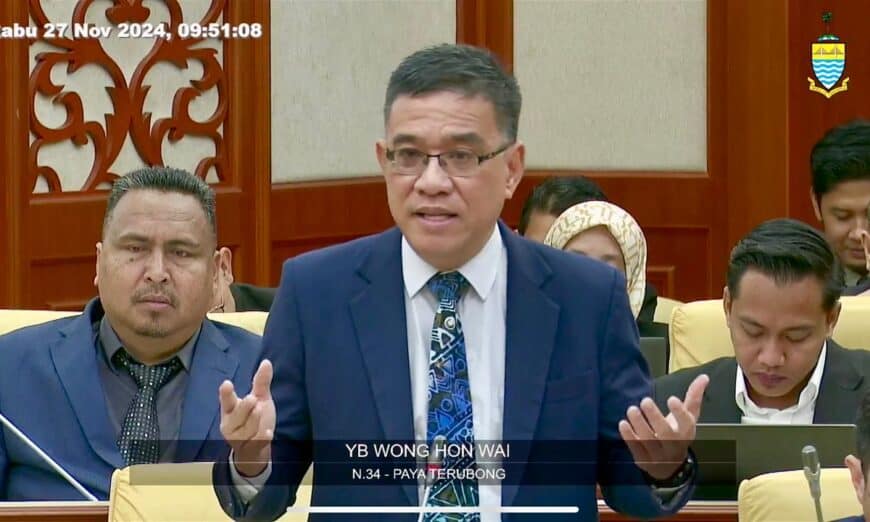THE Penang government is collaborating with the National Heritage Department to nominate chingay, lion dance and traditional kebaya attire for inclusion in UNESCO’s Representative List of the Intangible Cultural Heritage of Humanity.
State Tourism and Creative Economy Committee chairman Wong Hon Wai (PH-Paya Terubong) disclosed this during the oral question session of the 15th State Assembly’s Second Session, in response to a query from Wong Yuee Harng (PH-Pengkalan Kota).
Hon Wai highlighted that the traditional kebaya attire has already been jointly nominated by Malaysia, Brunei, Indonesia, Singapore, and Thailand. The nomination is currently under evaluation by UNESCO.
“Additionally, the National Heritage Department has held a series of workshops to prepare nomination documents for chingay (a joint nomination with Singapore) and lion dance (a joint nomination with China),” he said.
“The state government, through the Tourism and Creative Economy Office, has issued letters of support for the chingay and lion dance nominations to the National Heritage Department.
“Moreover, the state government supports kebaya exhibitions and annually hosts the International Lion Dance Championship in Kepala Batas,” he added.
In response to Yuee Harng’s supplementary question, Hon Wai explained that UNESCO’s nomination deadline is March 30 annually, followed by one or two evaluation period.
For the Peranakan kebaya nomination, discussions are expected to take place at this December’s UNESCO meeting.
Meanwhile, the nomination process for chingay and lion dance is ongoing, with submissions targeted for completion by March 30, 2025, and results expected by December 2026.
“Although the process is lengthy, the state government remains committed to bringing Penang’s cultural heritage to an international platform,” he said, adding that the state’s famous chingay troupe will perform at an event in Singapore in February next year.
Wong noted that Malaysia currently has six intangible cultural heritage items recognised by UNESCO: Mak Yong (a traditional Malay dance), Dondang Sayang (a traditional Malay love ballad), Silat (Malay martial arts), Wang Kang (Malacca royal barge procession), Pantun (traditional Malay poetry), and Songket (a hand-woven silk or cotton fabric with gold or silver thread patterns).
When Teh Lai Heng (PH-Komtar) asked about the progress of nominating the Hungry Ghost Festival, Hon Wai explained that over 500 intangible cultural heritage items are currently in the application queue in Malaysia.
“All applications must follow the National Heritage Department’s procedures and gain national heritage first before being submitted to UNESCO,” he said.
Given the overwhelming number of applications UNESCO receives worldwide, Hon Wai said joint nominations are encouraged to expedite the process.
Story by Edmund Lee

